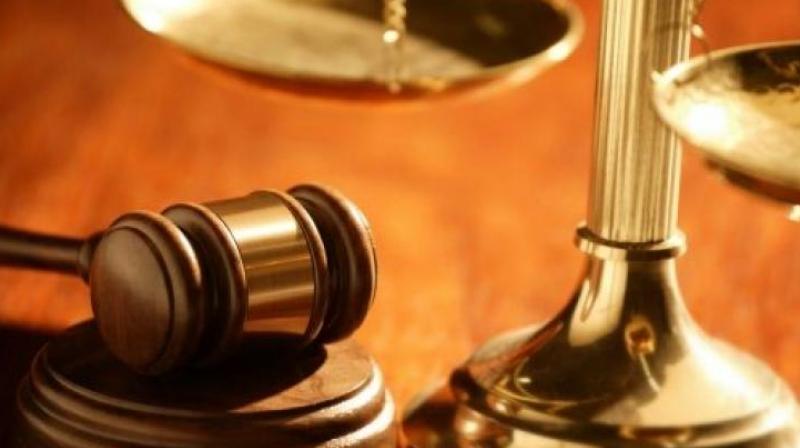Eyewitnesses accounts inaccurate: Experts
There can be distortions in memory of a witness due to many factors and hence the eye witness statements may not be 100 per cent correct.

Eye witness accounts/statements are the spine of criminal investigation. The witness statements are recorded by the investigating officer under Section 162 of Criminal Procedure Code (CrPC) and submitted to the court as evidence.
Witnesses are thereafter cross examined by the defence lawyers during trial and the fate of the accused rests largely on eye witness statements recorded by the police and submitted in the court.
But a recent international study conducted in 10 countries by memory researchers including Clinical Psychology Professor Devvarta Kumar of National Institute of Mental Health & Neuro Sciences (Nimhans) has questioned the accuracy of eye witness accounts.
“There can be distortions in memory of a witness due to many factors and hence the eye witness statements may not be 100 per cent correct. One such factor could be co-witness suggestibility. More often than not, a crime is viewed by many witnesses and it is likely that the witnesses discuss amongst themselves about the crime later. These discussions can lead witnesses to integrate elements of a co-witness’s report into their own reports of the shared experience,” explained Dr Kumar.
The study - ‘Eyewitness Memory Distortion Following Co-Witness Discussion: A Replication of Garry, French, Kinzett, and Mori (2008) in Ten Countries,’ was conducted to see what happened when co-witnesses gave contrasting information during discussion about a crime that they had seen together.
Did they readily agree with their co-witnesses or remained firm on their account? What happened when they were given the opportunity later to recall the event alone? Did they stick to their account or change it to what their co-witness had told during the discussion? The study on eyewitness suggestibility was conducted in Brazil, Canada, Colombia, India, Japan, Malaysia, Poland, Portugal, Turkey and the United Kingdom and is published in a reputed scientific journal – ‘The Journal of Applied Research in Memory and Cognition.’
“The findings of the present study and other such studies implicate that witness account of an event can be contaminated by many factors, including the information they receive from their co-witnesses. People do include the units of information provided by their co-witnesses in their account without consciously intending to do so and even when that information contradicts what they had seen,” explained the well known clinical psychologist from Nimhans.
Since eye witness accounts are accorded the highest value in oral evidence in criminal investigation, it is imperative that they are 100 per cent accurate. “Investigating officers need to be trained by psychologists in the specific scientific techniques, which are developed to ensure accuracy of eye witness statements. We are conducting research in this area as well, which will be of immense use to law enforcement agencies for a fool proof investigation and a well investigated case,” said Dr Kumar.

